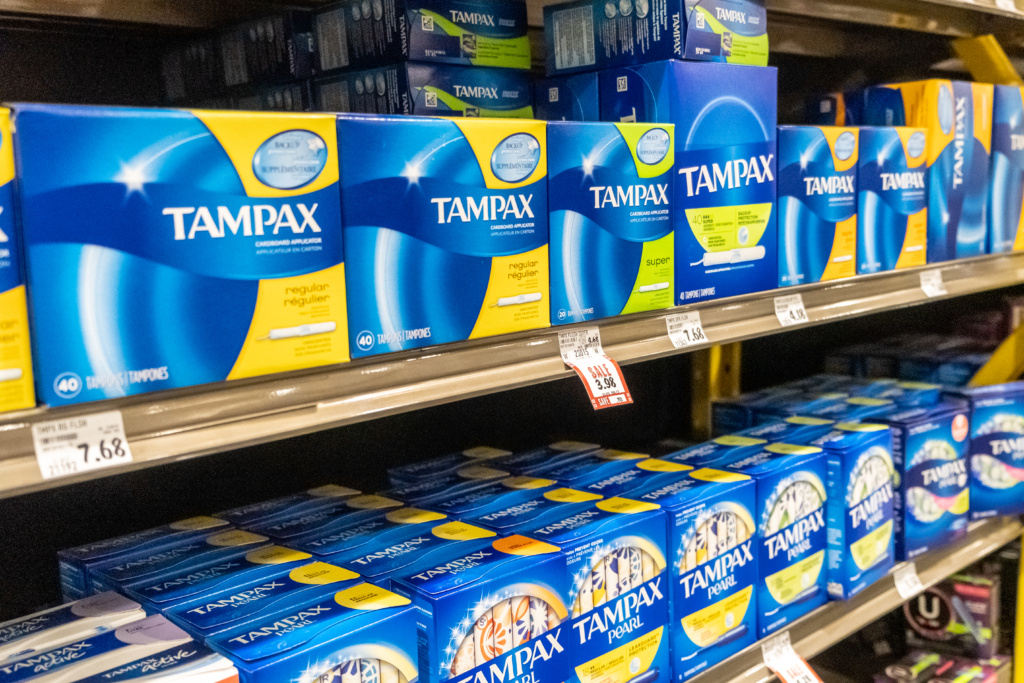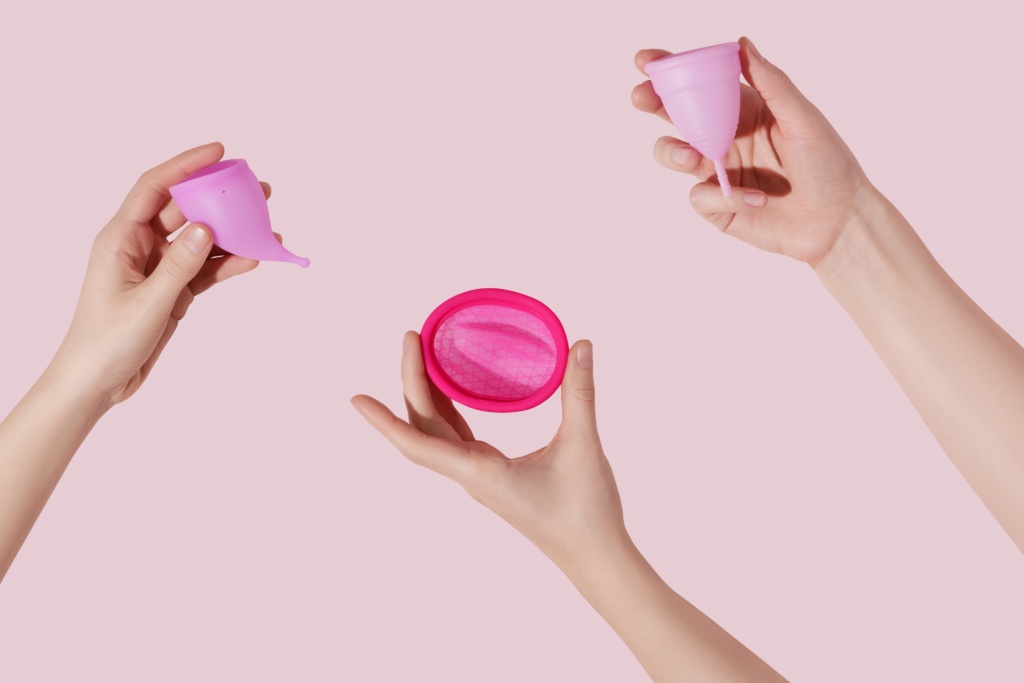The delicate membrane of the vagina is highly absorbent and not intended to be exposed to foreign objects, such as tampons, containing toxins. Indeed, tampons were believed to help women. However, for years manufacturers’ and retailers’ products have exposed girls and women who use tampons to dangers that are linked to substantial injury and even death.
A prime example is Toxic Shock Syndrome, a rare but well-known condition, caused by certain strains of bacteria. Toxic Shock Syndrome is linked to using high-absorbency tampons for too long, which can allow these bacterial strains to grow and release toxins into the body. Such a condition can lead to serious harm and even death. Furthermore, a 2018 study by Women’s Voices for the Earth found dioxins and pesticide residues in tampons. These chemicals have been linked to cancer, reproductive harm, and hormone disruption.
In addition to these risks, there is a new threat to women using tampons—heavy metals in tampons.
Dr. Jenni Shearston and her co-authors, have illuminated this threat in their report, recently published in Environmetal International, August 2024. The study reveals that every single tampons they tested contained heavy metals linked to well-documented health risks. Dr. Shearston stated, “We already know that heavy metals can be found in cotton, which is one of the primary ingredients in a lot of tampons, so this seemed like a question that we should be asking.” Toxins they found included lead and arsenic, which can cause horrific neurological damage and other health issues.
Heavy Metal Belongs on the Radio Not in Tampons
Chillingly, researchers found heavy metals in all 14 brands they tested. The most concerning was lead present in 100% of the samples. Every single tampon tested contained lead. The study didn’t name the brands, but the authors said they chose products listed as top sellers by a major online retailer and store-brand products from several large U.S. chains. Top tampon brands include Tampax, Playtex, o.b., Kotex, Cora.
Lead exposure is extremely dangerous due to its severe health implications. According to the World Health Organization, lead is a cumulative toxicant that affects multiple body systems, including the nervous and reproductive systems. No level of lead exposure is safe.
How Did Lead Get in Tampons?
Cotton is a primary ingredient in tampons. It is highly absorbent and can pick up heavy metals from the environment. While the study did not examine how the lead ended up in tampons, the authors noted that it may have come from water, soil, air, or other environmental sources during the production or manufacturing process.
Get the Lead Out
The Food and Drug Administration (FDA) classifies tampons as medical devices, which means manufacturers aren’t obligated to disclose their chemical ingredients. While the FDA mandates warning labels about Toxic Shock Syndrome (TSS) and absorbency levels, it doesn’t require a list of chemical ingredients. The FDA advises tampon manufacturers to avoid using pesticides and certain dioxins but hasn’t explicitly banned all harmful chemicals in tampons.
Furthermore, the FDA doesn’t mandate that ingredients in menstrual products meet any specific safety standards.
Consumer advocacy groups are calling for urgent regulatory changes. The Environmental Working Group (EWG) has urged the FDA to implement stricter regulations, including mandatory testing of menstrual products for harmful substances. EWG argues that the FDA’s current framework, which classifies tampons as medical devices, is inadequate for ensuring safety.
Manufacturers need to be transparent about their product ingredients and adopt safer practices. In the meantime, consumers should stay informed and consider safer alternatives to protect their health.
What Should I do if I’m concerned about Toxin exposure?
Concerned consumers should consider switching to organic tampon brands that are certified free of harmful chemicals. Brands such as Natracare and Lola are known for their commitment to safety and transparency. However, the study noted that while non-organic tampons contained higher levels of lead, organic tampons had higher levels of arsenic, indicating that organic does not necessarily mean toxin-free.
Additionally, menstrual cups and discs are also options for tampon users. (Image of the cups) These products generally have fewer risks associated with toxic exposure and are often more environmentally friendly. By choosing cups or discs, such as those sold by the company Saalt, you can significantly reduce waste and environmental impact. These products are also cost-effective over time and eliminate the need for frequent purchases.
You can initiate change with your choices. Vote with your pocketbook for feminine products that are safe and sustainable.
All the best!
Wendy Kerner aka Mama Earth Law


